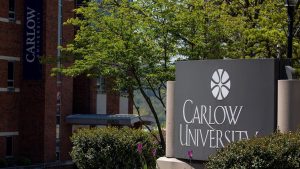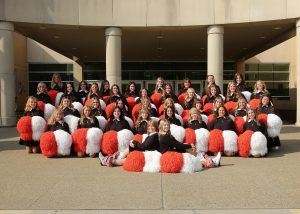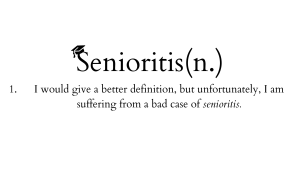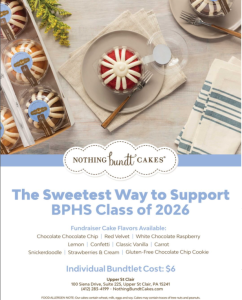AP: “advanced placement” or “all pressure”?
May 10, 2021
BPHS has an abundance of AP classes up for grabs, but how do you know which ones are best for you to take?
Filling out your school schedule and planning for the coming year can get super complicated, super fast. Especially in the cases of rising juniors and seniors, it can be stressful building a course spread that doesn’t leave you wanting to drop out of school entirely!
Then AP classes pour into the mix. For many of us, overachieving and challenging ourselves is simply in our nature, but it is important not to overload yourself! While AP classes sure do look good on your college transcripts, a C in an advanced class isn’t going to look any better than an A in a regular or honors class.
There are many ways to find out if an AP course is right for you, the first being getting recommended by your teachers in the first place! Believe it or not, your teachers have your best interests at heart. They’re not going to recommend you for a class they don’t think you can handle and, similarly, they’re not going to turn you away from a class they think you would excel in. However, if you do choose to push forward, you always have the ability to override.
Navigating the strange world of overriding teacher recommendations can be even scarier than anything in the class itself, but if you know you’ll put in the effort, it’s totally worth it in the end!
Now, getting down to the actual classes, there’s a wide array of AP classes for students to take, though many of them are only open to juniors and seniors. These classes are made for the ambitious student who can handle heftier content and a quicker pace.
As just one BPHS senior’s opinion, I would say that it’s always great to extend yourself and try to take AP and honors classes when you can, but not all of them give you the biggest bang for your buck. And by buck I mean the expense of many hours of lost sleep and an overwhelming amount of caffeine in your system at all times.
For the English and writing student, AP English Language and Composition during your junior year is a yes, and AP English Literature and Composition is also a yes, but you must be willing to work.
AP Lit is a fascinating journey through the philosophy, history, and ideals of 14th century’s Middle English to today’s metamodernism. The content is fascinating, so long as you keep up with those due dates.
For the history student, AP United States History is notoriously difficult, so be prepared to stay up late writing about hundreds of vocabulary words and studying for DBQs during your lunch breaks.
Junior year AP European History is arguably a lot less difficult, but it’s no blow-off class either. I’d definitely suggest taking it, but be prepared to sweat during the review game as you rush to answer the question first by squeezing a squeaky dog toy.
In the same vein is AP Government & Politics and AP Macroeconomics. As a soon-to-be political science major in Washington D.C., I of course think you should take AP Gov. The course is no cakewalk, but starting class every day discussing current events is one of the best ways to stay aware and engaged of what’s happening outside of the Bethel Park bubble we live in.
AP Macro, on the other hand, is a toss-up. The class is somewhat geared to the analytic math student, but it isn’t too hard to wrap your brain around. There are far too many graphs for my liking, but if you’re ready to study hard and read the extra material, it’s a great learning experience.
Stay tuned for more information on AP classes, Bethel Park!











